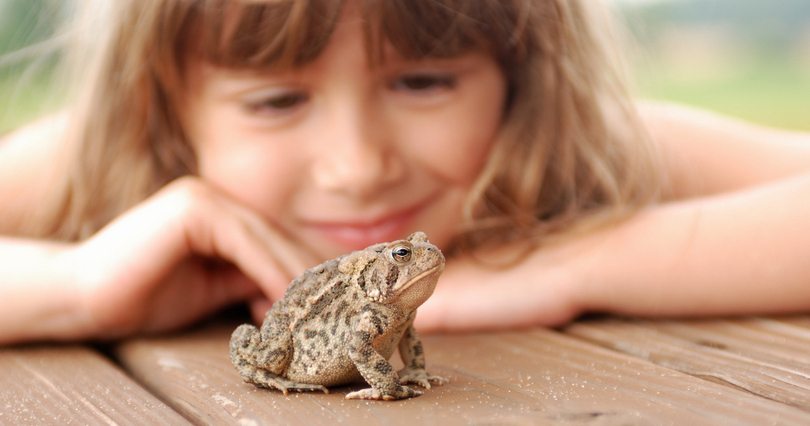Nurture Your Child’s Curiosity

 It is said that “Curiosity killed the cat,” but it is not true at all times. Curiosity in children should be nurtured. It is the most important factor for all-round development of your child.
It is said that “Curiosity killed the cat,” but it is not true at all times. Curiosity in children should be nurtured. It is the most important factor for all-round development of your child.
If there is one quality of our mind that we can attribute all of human progress to, it is Curiosity. The power of curiosity can help your children with innumerable problems, to develop ideas and expressions.
How to Nurture Curiosity in Children
Children don’t need to be trained to ask questions. They are curious by nature and unless their curiosity is suppressed or discouraged in one way or another, their questions only go on increasing.
Welcome your child’s questions and praise him for asking interesting questions. Curiosity in children is an important trait of a genius. Answer his question in a simple manner that makes sense to him.
If you don’t know the answer to the question, tell him that both of you will look for the answer together. Search for the answer using the internet and your child will feel important as well as encouraged to ask you more and more questions.
Remember, your handling of his curiosity will have a great impact on how intelligent and aware your child eventually grows up to be. Curiosity in children is due to their craving for knowledge and so must be encouraged.
The Benefits of a Curious Mind
It is because Copernicus, Galileo, Newton and Darwin were curious about the world that we made the fantastic progress that we did in Science and Technology. The same process worked for Einstein and Hawking as well.
All social reforms that have happened, from the outlawing of the abominable practice of sati in India (a widow being forced to immolate herself on her deceased husband’s funeral pyre) to the establishment of a liberal and secular constitution were all results of curious minds working in concert for the benefit of society.
Had everyone left things as they were and never made efforts to question and understand the logic behind things, Man would still be stuck in the Dark Ages. Unless we are curious about things, we end up keeping a lot of learning away from ourselves.
Imagine how static, boring and stifling the world would be if everyone submitted to something written down a few thousand years ago and stopped questioning things or looking for answers to their questions.
If people are forever looking for different solutions to the accepted ways of doing things, they are actually thinking “out of the box.” In our modern world of management sciences, such thinking often results in innovations which act as force multipliers in today’s corporate world.
Case Study
Ravi was a well-behaved boy who was respectful towards his parents and all other authority figures. His parents had used an autocratic style of parenting with him during his growing up years and never encouraged him to talk much or step out of his limits. Though he became a mediocre performer in school in studies and other extra-curricular activities, he lacked a curious and questioning mind.
Rajiv, his classmate, was also respectful towards his teachers and elders but he had been brought up in a different manner by his parents. They encouraged him to question the world around and understand things in more depth.
He would often be taken on weekend excursions to Science or History Museums where he could explore the answers to the several questions he had.
This development of mental faculties helped Rajiv win a prestigious Science scholarship to an Ivy League college. His curiosity was nurtured and promoted instead of suppressed or discouraged and the end results got shaped accordingly.
Conclusion – Curiosity in Children
Encourage curiosity in children. Invite their questions! Curiosity in children helps them become a more competitive individual. Also, in case you find yourself lacking a basic sense of curiosity about the world and a desire to learn, remember that this is a trait that keeps your brain cells young and gives you skills that are necessary for success in the modern world.








Leave a Reply